detail profile carlo ninchi
Peran Yang Di Mainkan Carlo Ninchi
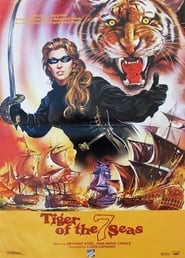 Tigre is the skipper of the...
Tigre is the skipper of the...Tiger of the Seven Seas 1962
Tigre is the skipper of the Santa Maria, a pirate-ship, but he feels tired and decides to leave the command of the ship. Unfortunately he has only a daughter, Consuelo. So he will leave the command and the ship to the winner of a challenge among his men. Unexpectedly Consuelo wins. The same night Tigre is killed, William is charged with the killing and is sentenced to death. But before the sentence could be executed the Spaniards of Grand Duke Inigo arrives. Consuelo escapes, however this is only the first move of Indigo's wife to get to the pirates treasure.
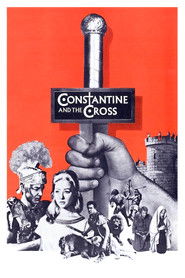 Constantine is fighting against Barbarians with...
Constantine is fighting against Barbarians with...Constantine and the Cross 1961
Constantine is fighting against Barbarians with his father when he is called to Rome. In his way to Rome, he falls in an ambush planned by Maxence, who wants to become emperor.
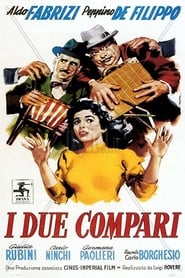 Giovanni peddles useless pens in the...
Giovanni peddles useless pens in the...I due compari 1955
Giovanni peddles useless pens in the streets of Rome with his sidekick Francesco, but his college-student daughter thinks he is a rich industrialist. She falls in love with a rich guy and when her father tells her the trust about their financial situation she drops her fiance and refuses food. Luckily, the guy's parents give their consent to the marriage anyway.
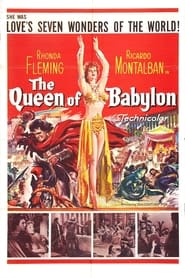 In this Biblical epic a brave...
In this Biblical epic a brave...The Queen of Babylon 1954
In this Biblical epic, a brave Chaldean rebel takes on his evil nemesis, a cruel Assyrian king. En route to his fateful meeting, the rebel hides in the humble hut of a luscious peasant girl.
 The title of this French reality...
The title of this French reality...Before the Deluge 1954
The title of this French "reality" drama, which translates to Before the Deluge, is a play on Louis XVI's famous prognostication, "Apres moi, le deluge." Set in 1950, the film concentrates on five Parisian adolescents. Certain that the next war will herald the apocalypse, the youngster make plans to run off to a desert island and set up a new society. This, however, will require money, which is why the boys decide to pull off a "necessary" robbery. Idealism collapses in the face of cold reality, as the five youths suffer from the consequences of their actions. Avant le Deluge was one of a group of films cowritten by director Andre Cayatte and Charles Spaak which endeavored to explore the touchy social issues of the day: others in the Cayatte-Spaak canon include the euthanasia-themed Justice est Faite and the capital-punishment tract Nous sommes tous des assassins.
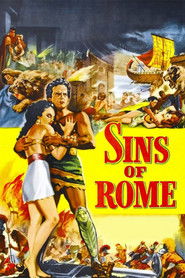 74 BC Somewhere in the Roman Empire...
74 BC Somewhere in the Roman Empire...Sins of Rome 1953
74 B.C. Somewhere in the Roman Empire, Spartacus, a young officer, is condemned to be a slave because he hit a superior. Brought back to Roma in a gladiators' school, he escapes and stirs up all the slaves in a revolt against the Roman Empire.
 Maria is a housmaid and she...
Maria is a housmaid and she...Position Wanted 1951
Maria is a housmaid and she is being engaged to Berto for fifteen years. Berto has not a lasting job so he is waiting for the death of his uncle Matteo to come into an inheritance. In the meantime Maria goes on with her work, first in the house of an unfaithful wife; then for an actor and his wife on the verge of leaving each other and last for Raffaele who wants to marry her. At last uncle Matteo dies...
 Henri Faust retiring after 50 years as...
Henri Faust retiring after 50 years as...The Beauty of the Devil 1950
Henri Faust, retiring after 50 years as a professor in a circa-1700 French university, despairs at the ravages of old age ... whereupon Mephistopheles, agent of Lucifer, appears as a virile, handsome young man and exchanges bodies with him to induce Faust to sign a pact to exchange his soul for renewed youth, riches and power. But though the "new" Faust is attracted by the material improvements in his life, he remains wary of signing, while Mephistopheles, now posing as the aged professor whose body he inhabits, must find a way to trick him into signing the pact - and dissuade him from the love of a gypsy girl who prays for his soul - or find himself damned by his own Master...
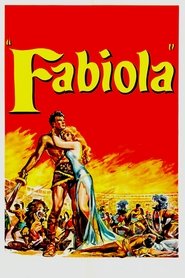 In ancient Rome a love story...
In ancient Rome a love story...Fabiola 1949
In ancient Rome a love story blossoms between Fabiola, daughter of a senator, and Rhual, a Gallic gladiator. After Fabiola's father is killed, the Romans blame the Christians and the persecution begins. Rhual confesses to being a Christian, is accused of the murder and sentenced to fight to the death in the arena.
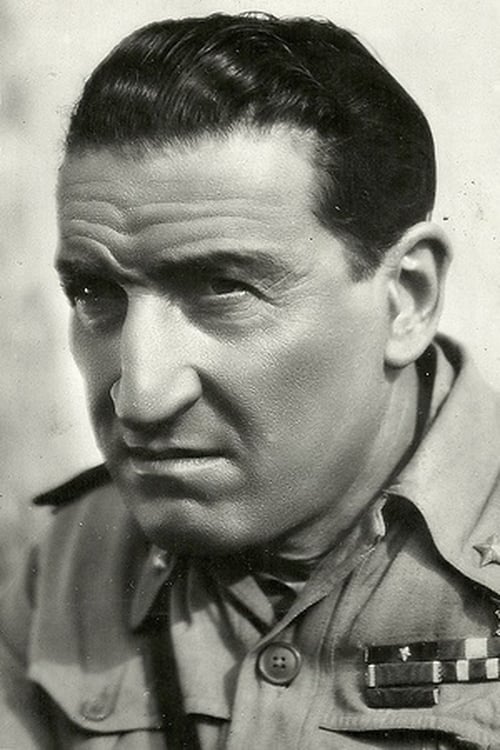
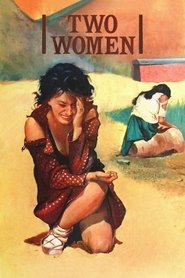 A young widow flees from Rome...
A young widow flees from Rome... Felice Sciosciammocca the mayor of Roccasecca...
Felice Sciosciammocca the mayor of Roccasecca...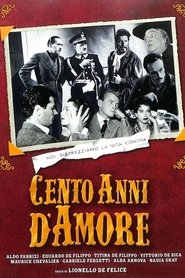 Six episodes adapted from as many...
Six episodes adapted from as many...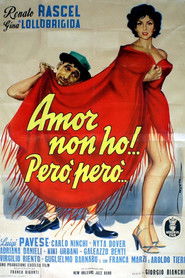 Gina tries to commit suicide by...
Gina tries to commit suicide by...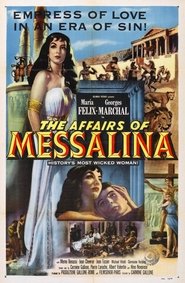 A story set in Rome of 44...
A story set in Rome of 44...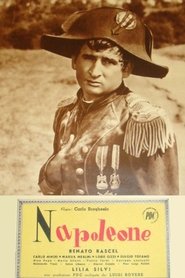 A historical farce about Napoleon
A historical farce about Napoleon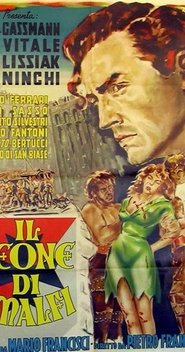
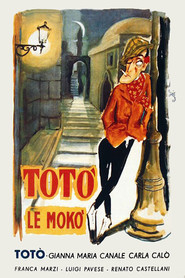 Mobster Pep Le Mok dies during...
Mobster Pep Le Mok dies during...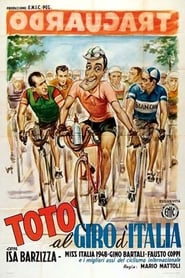 A professor was appointed member of...
A professor was appointed member of...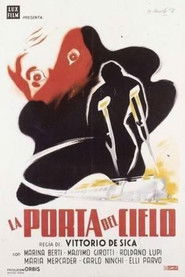 Episodic film with flashbacks about the...
Episodic film with flashbacks about the...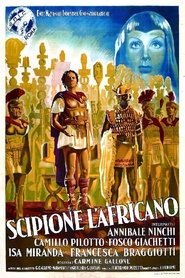 A story of the Second Punic...
A story of the Second Punic...